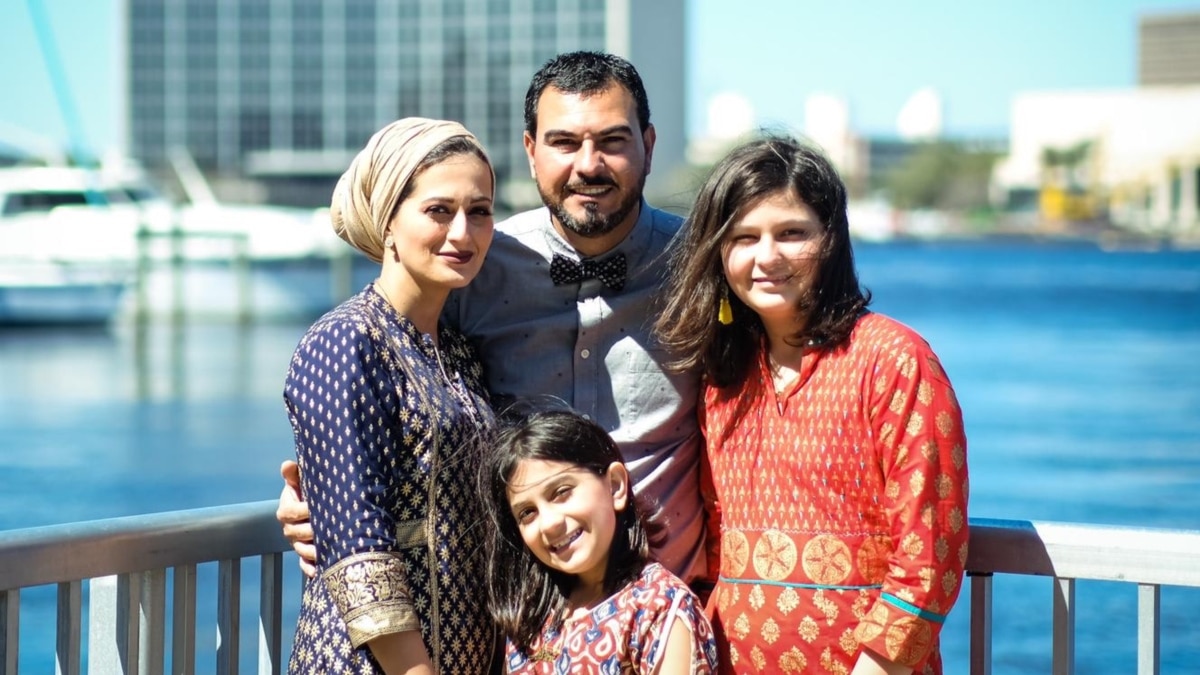- PolyPassport
- Posts
- Luxembourg's last call for citizenship by descent
Luxembourg's last call for citizenship by descent
The path to a passport is about to get even narrower.
PolyPassport is a home for the globally mobile. Yes, that's you. Thanks for taking us on your journey.

This week's agenda:
A looming deadline in Luxembourg. The pathway to ancestry-based citizenship is about to get a lot narrower.
The $5 million visa. New Zealand's new golden visa comes at a high price.
Malaysia enters the race for digital nomads. A brief look at Malaysia's new push for teleworkers.
Luxembourg's last call for citizenship by descent
Applicants vying for ancestry-based citizenship of Luxembourg have until the end of this year to travel to the country and finalize their claim to a passport. It's the last step of the process and a once-in-a-generation opportunity.
In 2008, the Grand Duchy of Luxembourg introduced a law that made it possible for thousands—perhaps millions—of people to become full-fledged citizens of the landlocked microstate and member of the European Union.
But they couldn’t wait long to apply. For a period of just 10 years, under Article 89 of the country’s nationality law anyone with Luxembourgish ancestry could request to become subjects of Grand Duke Henri on one condition: that they establish lineage to a Luxembourger alive on January 1, 1900, born or living on Luxembourgish territory.
The race was on.

A scene from Luxembourg. Source: Polina Sushko/Unsplash
It was a remarkable move for a nation with famously restrictive naturalization laws. In years past, even with the right bloodline, unless you were married to a Luxembourger or had a parent from the Grand Duchy, citizenship was mostly off-limits. Even longstanding foreign-born residents cannot naturalize until they’ve logged 20 years in the country and meet certain language proficiency requirements.
The government says the new pathway is helping descendants of Luxembourgers “reclaim” citizenship that was technically already theirs. According to Daniel Atz of Luxcitizenship, it’s also a means for the country to attract more Luxembourgers at a time when its 620,000-plus population is increasingly non-Luxembourgish.
The law’s intent was to bring in only a few thousand new citizens. But in the end, more than 27,000 people have naturalized.
By some estimates, close to 3 million U.S. Americans have Luxembourgish roots, to say nothing of the many Brazilians, Belgians, Germans, and other nationalities with historical ties to a land mass only slightly smaller than the U.S. state of Rhode Island.
Trevor Eischen learned of the new law in 2011 while attending an event organized by the Luxembourg Brotherhood of America. Was he interested? “Hell yes,” the Chicago native of Luxembourgish descent remembers saying.

Trevor Eischen with his certificate of citizenship. Photo credit: The Wannabe Luxembourger Blog
Trevor got to work plotting out his family tree to see which of his ancestors would help him clinch citizenship. Using a website called Lux Roots, he traced his roots to multiple Luxembourgers alive in 1900.
“It felt like a genealogy project where the end result was reclaiming citizenship in a different country,” Eischen said.
The application process began in earnest when he moved to Washington, DC, to start a new job. Over three-plus years, he shuttled between his office and Luxembourg’s embassy to submit the necessary paperwork. Trevor says if it weren’t for graduate school and his full-time job, he probably could have completed the process sooner.
He vividly remembers the day he heard the good news. Luxembourg’s Ministry of Justice sent him a brief, perfunctory letter, which Trevor’s then-girlfriend affixed to the bathroom mirror. Written in French, it certified that he had officially become a citizen of Luxembourg.

A letter bearing good news. Source: The Wannabe Luxembourger Blog
“I felt so accomplished and there was the sensation of pure joy because I had been working on it for so long,” Trevor said. “You know, a lot of people research their ancestry. But they don't get this kind of grand prize at the end of it.”
Trevor chronicled his experience applying for citizenship on his blog, where he hopes to help others with Luxembourgish roots around the world.
Trevor has no plans yet to use his passport, but the whole of the European Union is available to him if he does.
Luxcitizenship owner Daniel Atz is another U.S. American who became Luxembourgish through the new law. Since acquiring a Luxembourgish passport, he has gone on to live and work across Europe. He spent time teleworking from Lisbon, Portugal without restriction.
The deadline has passed to apply for Luxembourgish citizenship under Article 89. But there are two other ways to secure a Luxembouorgish passport. The below is courtesy of Luxcitizenship, which also offers a short online test to determine your eligibility.
Article 7
One of your parents can trace his/her roots to a male ancestor born in Luxembourg and your Luxembourgish last name has passed from father to son up until today.
Article 23
Your parent or grandparent is/was a Luxembourgish citizen.
Last year, 6,801 people reclaimed Luxembourgish citizenship on the basis of ancestry.
UPDATE: Daniel Atz of Luxcitizenship has now confirmed to PolyPassport that the Grand Duchy is poised to vote on extending the deadline to December 31, 2025. The decision is expected to come at "the very last minute" and is the result of a massive backlog. The team processing applications amounts to only about 8 people, and some 10,000 applicants still haven't been able to fulfill the requirements.
New Zealand opens new door to investor migration

Canterbury, New Zealand. Source: Tyler Lastovich/Pexels
New Zealand's all-new Active Investor Plus visa took effect this week and replaces every investment visa category before it. It also comes with an eye-popping price tag of $5 million in direct investments in a domestic business.
"Those who choose less direct investments will need to invest more capital. The minimum amount required if all funds are placed in indirect investments will be $15 million," Economic Development Minister Stuart Nash and Immigration Minister Michael Wood said in a statement.
Malaysia quietly introduces digital nomad visa

Kuala Lumpur, Malaysia. Source: Zukiman Mohamad/Pexels
Malaysia became the 25th country worldwide to offer a digital nomad visa. Applications open October 1st and are open to remote workers with an annual income of $24,000 or more.
Other headlines
Chatter
Home Affairs Minister Clare O'Neil has indicated she sees little reason in maintaining the Significant Investor visa stream as part of the country's migration program, saying it "isn't adding value to the country".
— SBS News (@SBSNews)
10:01 AM • Sep 12, 2022
If you're Jewish enough to be a citizen of Israel via the Law of Return then you're a Jew. 70 percent of Israelis may agree that matrilineal descent determines Judaism in the religious sense but I doubt 70 percent would call an Israeli of patrilineal descent a gentile.
— Blake Flayton (@blakeflayton)
7:21 AM • Sep 21, 2022
Portugal Has Denied All Golden Visa Applications Filed by Russians Since February. And how about your country? via @schengen_info
— Sergiy Kyslytsya (@SergiyKyslytsya)
9:48 PM • Sep 15, 2022
@joncschew@georgetan_gt My review of a book on multiple citizenship:
— Andrew Norton (@andrewjnorton)
11:06 AM • Sep 16, 2022
Quote of the week
"My dual citizenship has become a distraction in this campaign."




:quality(70)/cloudfront-us-east-1.images.arcpublishing.com/archetype/FZ35VXUVCRE77A7J63S7PRFN44.jpg)





